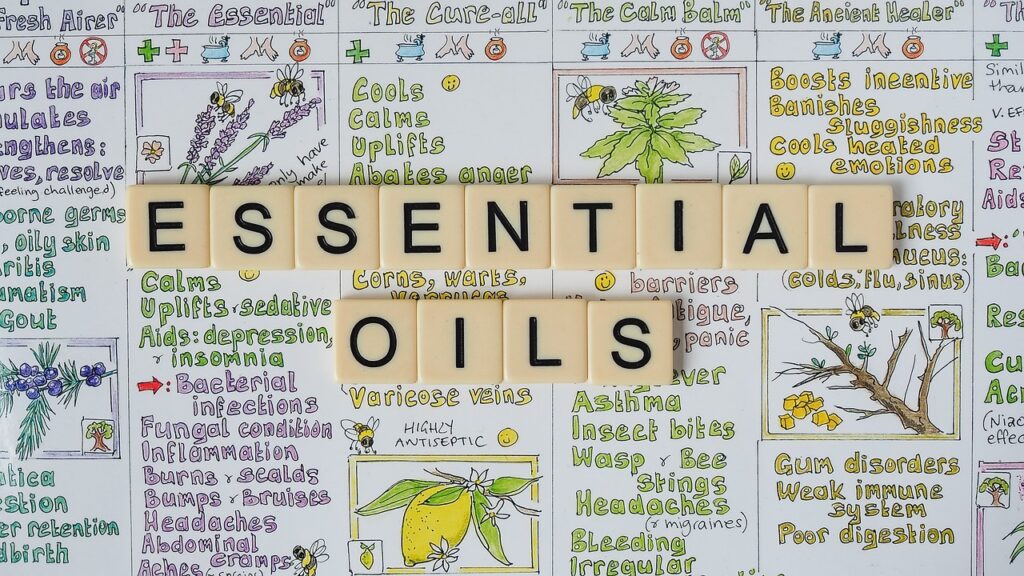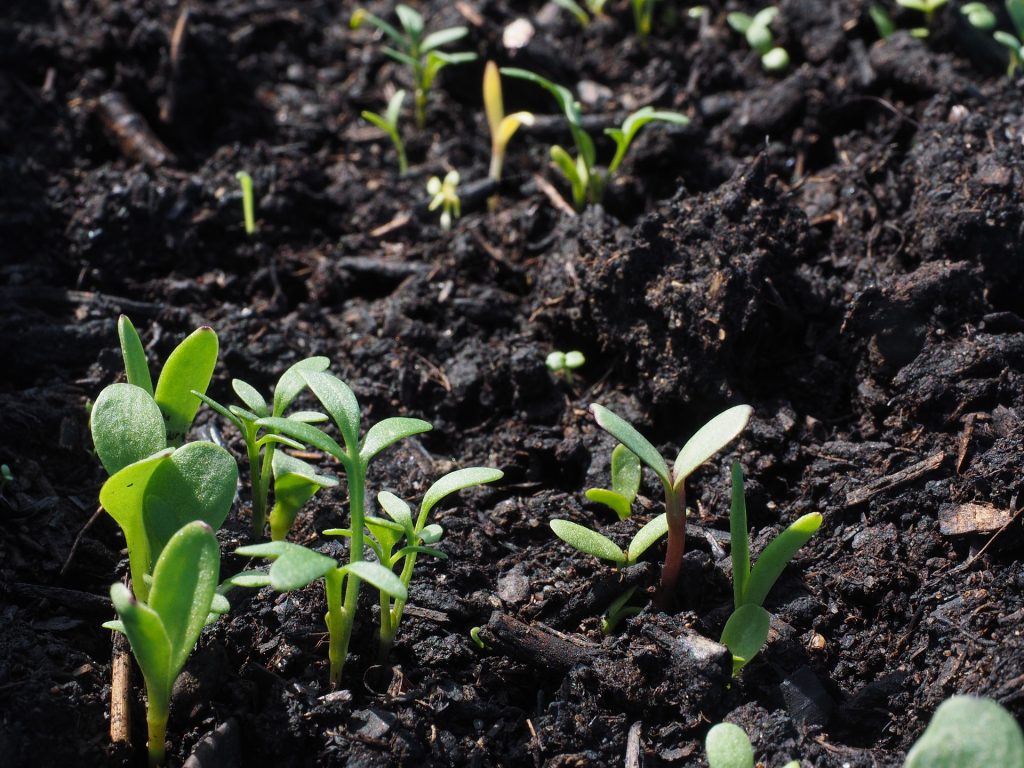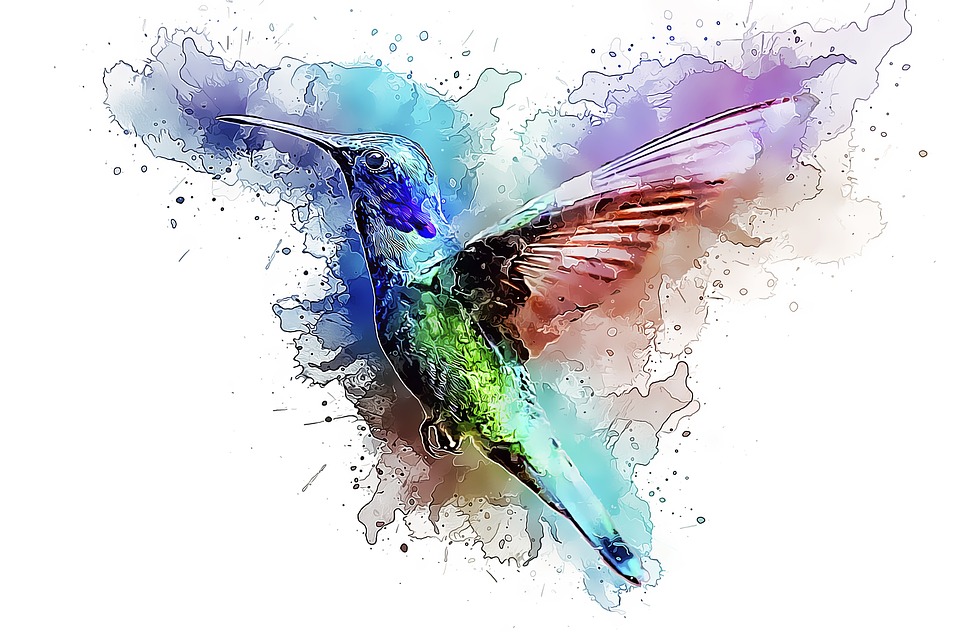Using Essential Oils in a Humidifier for Healthy Pest Plants: A Guide to Thriving Indoor Houseplants
Adding essential oils to a humidifier enhances indoor air quality and can benefit your houseplants. Certain essential oils are believed to support plant health, repel pests, and create a calming environment for you and your green companions. However, it’s necessary to use oils sparingly and choose the right ones for your setup.
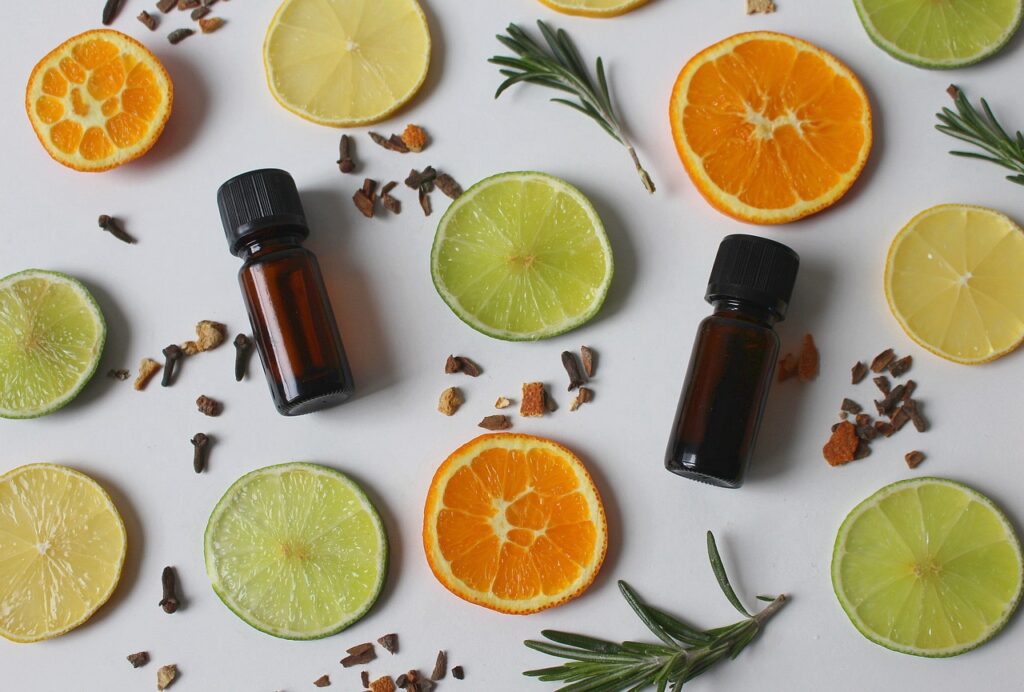
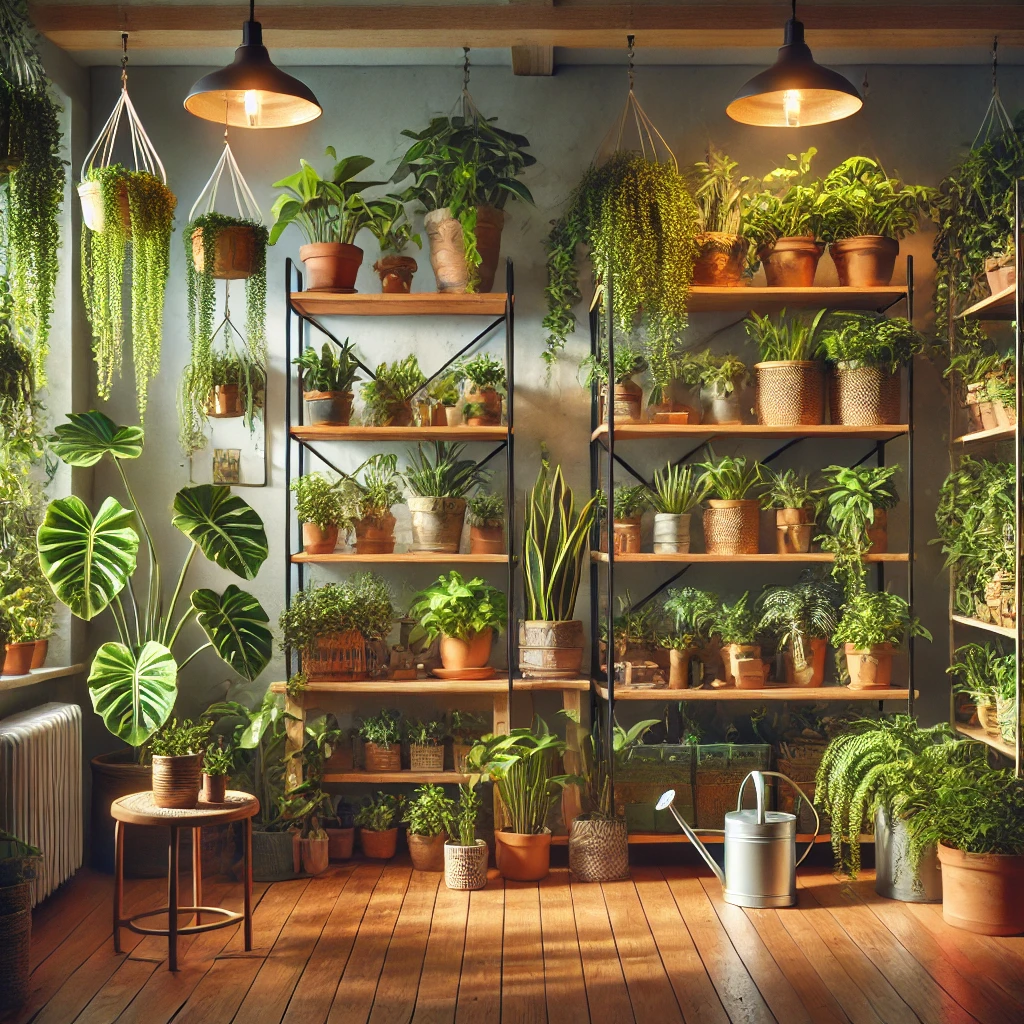
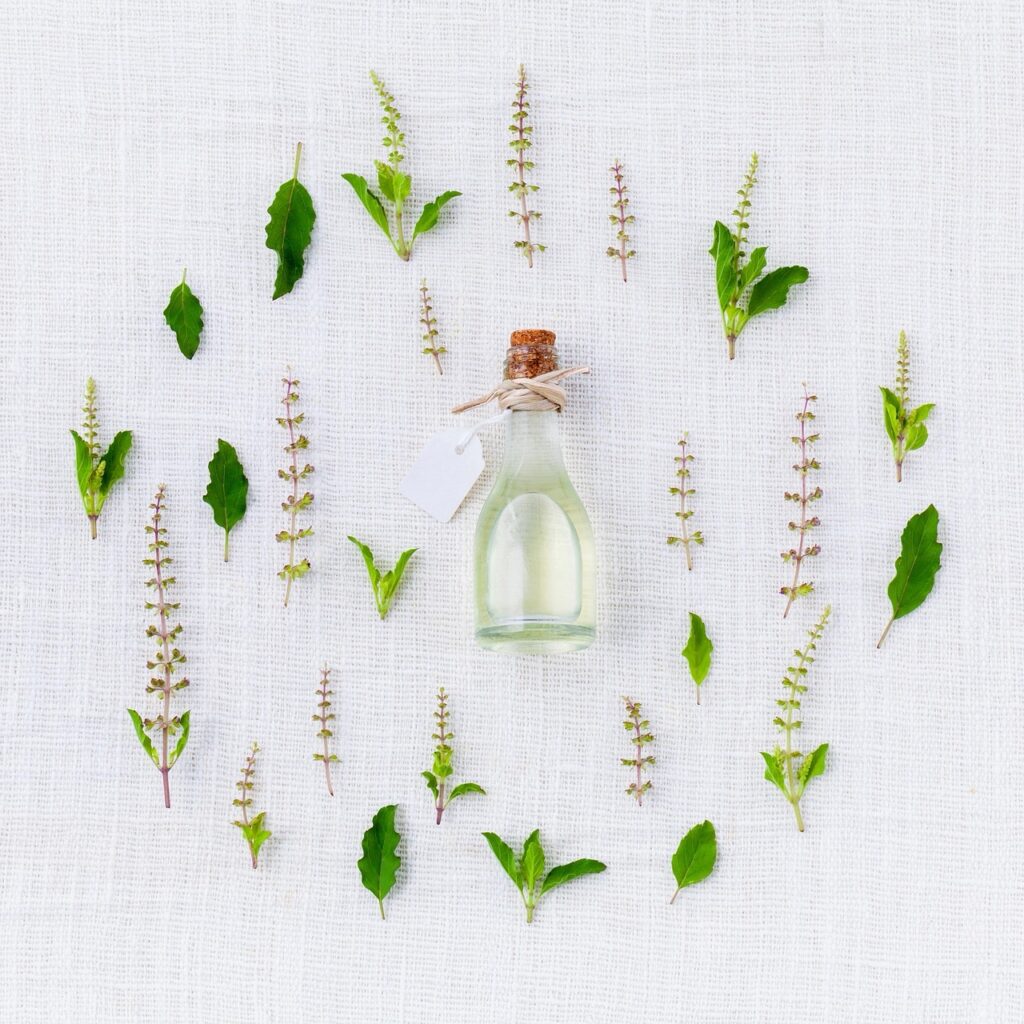
Essential Oils That Can Benefit Plants
Lemongrass: Benefits: Known for its antifungal and antibacterial properties, lemongrass oil can help protect plants from mold and pests.
Application: Use 3–4 drops per liter of water to add a subtle, invigorating aroma that supports plant health.
Cedar: This essential oil can deter pests like spider mites and gnats while promoting a healthier growing environment.
Application: Add 2–3 drops to the humidifier water, especially near plants susceptible to pests.
Peppermint: Peppermint oil effectively repels common houseplant pests such as aphids and fungus gnats. It also creates a refreshing scent.
Application: Add 2–4 drops to help keep pests at bay and improve air circulation for plants.
Rosemary: Rosemary oil has antimicrobial properties and can boost plant resilience by reducing the risk of infections.
Application: Use 3 drops in your humidifier to create a healthy environment for both you and your plants.
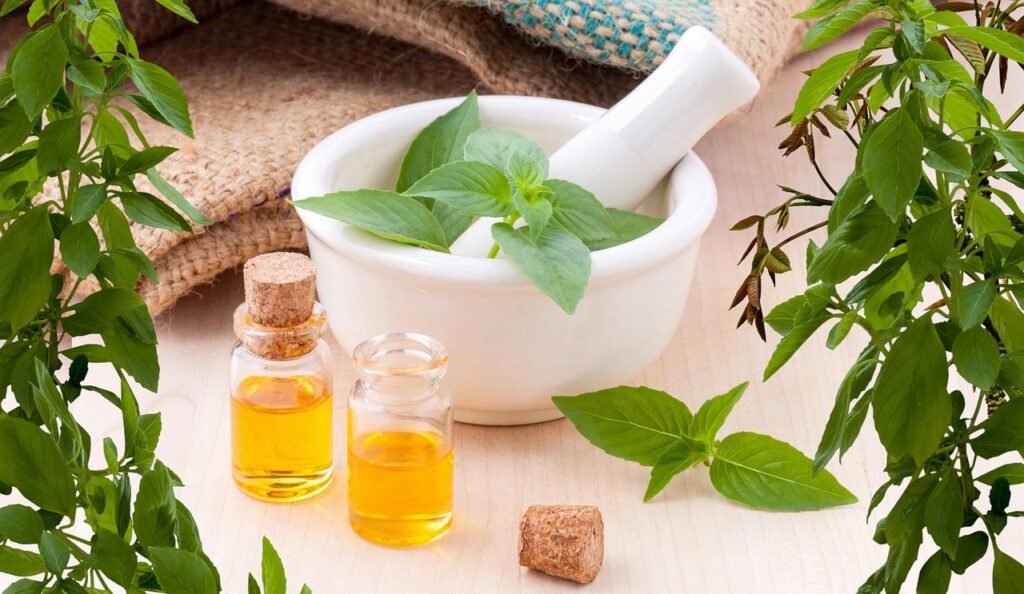
Additional Essential Oils to Consider:
Eucalyptus: Purifies the air and can protect plants from airborne pathogens.
Ylang-Ylang: Adds a soothing scent and promotes a calm atmosphere for indoor spaces.
Sandalwood: Helps to repel insects and adds a pleasant, earthy aroma.
Clove: Offers natural pest-repelling properties.
Lavender: Creates a serene environment and may deter pests like moths.
Geranium: Can help keep pests like mosquitoes away while maintaining a pleasant floral scent.
Tea Tree: Known for its antifungal properties, tea tree oil can reduce the risk of mold and mildew.
Vanilla: Provides a sweet, calming scent without overpowering delicate plants.
Chamomile: Promotes relaxation and a peaceful atmosphere for both you and your plants.
Citronella: Highly effective at repelling mosquitoes and other pests.
Tips for Using Essential Oils in a Humidifier for Plants:
Choose High-Quality Oils:
Always opt for 100% pure, organic essential oils that are free of additives and synthetic chemicals. Impurities can harm plants and reduce the oils’ effectiveness.
Dilution is Key:
Use only a few drops of essential oil per liter of water. Overuse can lead to strong scents that might overwhelm your plants or even irritate your senses.
Clean the Humidifier Regularly:
Essential oils can leave residues that may clog the humidifier. Clean the unit thoroughly at least once a week to maintain its efficiency.
Monitor Plant Responses:
Keep an eye on how your plants respond to the use of essential oils. If you notice leaf discoloration or other signs of stress, reduce or stop using oils temporarily.
Avoid Direct Contact:
Essential oils should not be applied directly to plant leaves or soil, as they can cause burns or other damage. Always diffuse them through a humidifier.
Benefits of Using a Humidifier for Plants:
Improved Air Moisture: Most houseplants, especially tropical varieties, thrive in humid conditions. A humidifier provides consistent moisture in dry indoor environments.
Healthier Foliage: Adding humidity helps prevent leaf browning, curling, and drying.
Enhanced Growth: Proper moisture levels can improve photosynthesis and nutrient absorption.
References and Further Reading:
The Benefits of Essential Oils for Houseplants: Gardening Know How
How to Safely Use Essential Oils in a Humidifier: Healthline
Pest Control with Essential Oils: National Pesticide Information Center
The Role of Humidity in Plant Care: University of Illinois Extension
By carefully integrating essential oils into your plant care routine through a humidifier, you can create a balanced environment that benefits both your plants and your indoor living space. Practical gardening tips with igrowhort 🌿
Sourcing Quality Essential Oils for Use with Houseplants
When using essential oils to enhance your indoor garden’s health, sourcing high-quality oils is essential. Impurities or synthetic additives in low-grade oils can harm both your plants and your humidifier. Here’s a comprehensive guide to help you find the best essential oils for your home and plants:
What to Look for in Essential Oils
100% Pure and Organic Certification:
Look for labels that indicate the oil is “100% pure” or “certified organic.” These oils are free of synthetic chemicals and safe for both plants and humans.
USDA-certified organic or comparable certifications in your country are a good sign.
Third-Party Testing:
Reputable brands often provide GC/MS (Gas Chromatography-Mass Spectrometry) reports. These tests ensure the oil’s purity and confirm that it contains no contaminants.
Check if the company is transparent about sharing these results.
Cold-Pressed or Steam-Distilled Extraction:
High-quality essential oils are typically extracted through cold pressing (for citrus oils) or steam distillation (for herbal or woody oils). Avoid oils extracted with chemical solvents.
Dark Glass Packaging:
Essential oils degrade quickly when exposed to light. Always purchase oils in dark amber or cobalt blue bottles to preserve their quality.
Reputable Sources:
Choose brands with good reviews and a long-standing reputation in the market. Look for companies that work with ethical and sustainable farming practices.
Top Brands to Consider for Essential Oils
Plant Therapy: Offers USDA-certified organic oils and is known for affordability without compromising quality. Provides detailed GC/MS testing results for every batch.
doTERRA: Best Pick for Beginners. Well-known for its high-quality, therapeutic-grade oils. Great for those seeking premium oils for both personal and plant care.
Best for Therapeutic Purposes.
Young Living: A trusted pioneer in essential oils, known for its Seed-to-Seal promise, ensuring high-quality, sustainably sourced products.
Best for Sourcing Transparency.
Edens Garden: Offers affordable, high-quality oils without a subscription or membership model.
Best Budget Option.
Aura Cacia: A reliable choice for sourcing organic and sustainably farmed essential oils.
Best for Sustainability-Minded Buyers.
Where to Buy Essential Oils
Online Retailers:
Amazon, iHerb, and company websites (like Plant Therapy or doTERRA). Read reviews and check for third-party testing before purchasing.
Health Food Stores:
Whole Foods, Sprouts, and other natural product stores often carry reputable brands like Aura Cacia.
Specialty Shops:
Aromatherapy stores and botanical shops often stock premium oils and can provide expert advice.
Direct from Farmers:
Some farmers or cooperatives sell oils directly, offering a great way to support sustainable and ethical farming.
Tips for Buying Essential Oils for Humidifiers
Start Small:
Purchase smaller bottles (5–10 mL) to test how the oils work with your humidifier and plants before investing in larger quantities.
Avoid Blends (Initially):
Stick to single-ingredient oils when starting, as blends may contain components that aren’t suitable for plants.
Research Plant-Safe Options:
Not all essential oils are safe for every plant type. For example, cinnamon or citrus oils can be too harsh for some houseplants.
Store Properly:
Keep essential oils in a cool, dark place to prevent oxidation, which can reduce their effectiveness.
DIY Essential Oil Use for Houseplants
For those who love a hands-on approach, here’s how to make the most of your essential oils:
Pest Control Spray:
Mix 5 drops of peppermint or tea tree oil with 2 cups of water and a few drops of liquid soap. Use it as a natural pest repellent for plant leaves (test on a small area first).
Fungal Prevention:
Combine 4 drops of tea tree oil and 2 drops of rosemary oil with 1 liter of water in a spray bottle. Use on soil or leaves prone to fungal infections.
Leaf Shine Spray:
Add 1 drop of lavender or ylang-ylang oil to 1 cup of distilled water and lightly mist leaves to enhance their sheen and reduce dust buildup.
Further Reading & Resources
Books:
“The Healing Power of Essential Oils” by Eric Zielinski – A great resource for understanding the properties of various oils.
“Essential Oil Safety” by Robert Tisserand – Focuses on using essential oils safely, including for plants and pets.
Articles:
“Essential Oils for Houseplants: A Beginner’s Guide” – Gardening Know How
“Using Essential Oils in a Diffuser or Humidifier” – Healthline
Organizations:
National Association for Holistic Aromatherapy (NAHA): Offers certifications and resources for essential oil enthusiasts.
American Botanical Council: Provides scientific insights into essential oil applications.
With high-quality essential oils and careful application, your houseplants can thrive in a healthier, more aromatic indoor environment. Let your garden grow with wellness in mind! 🌿✨

